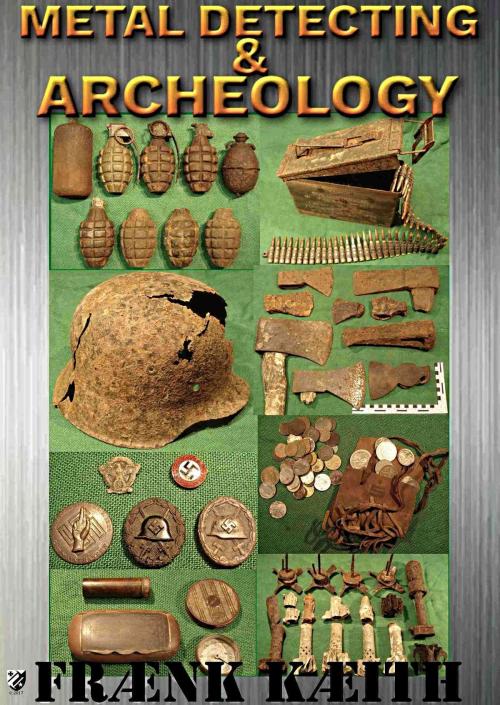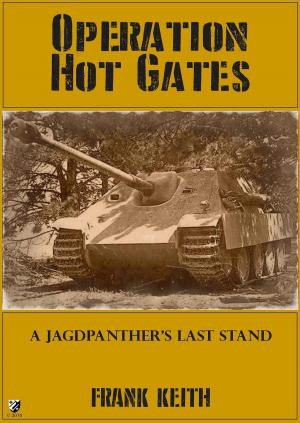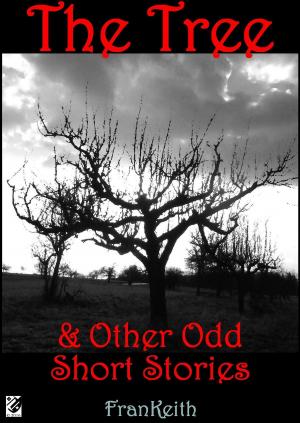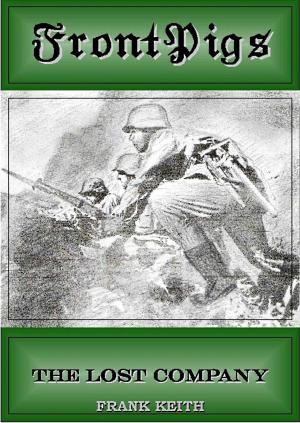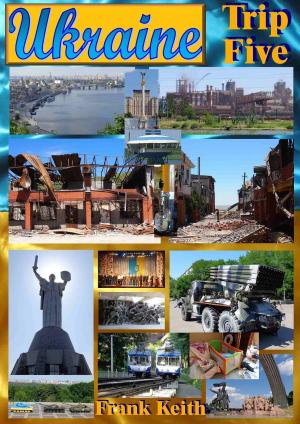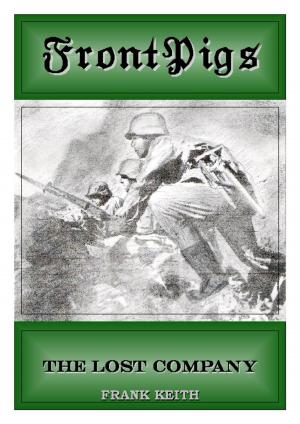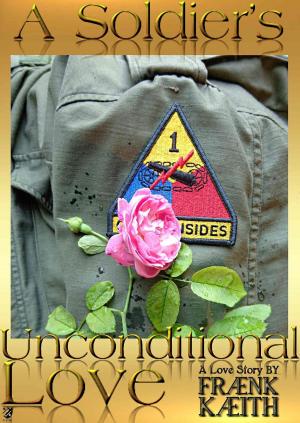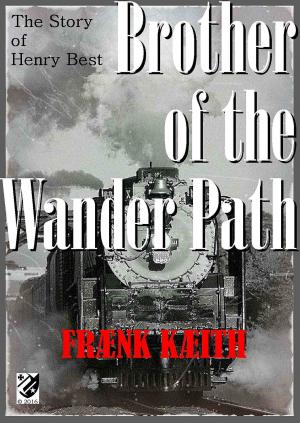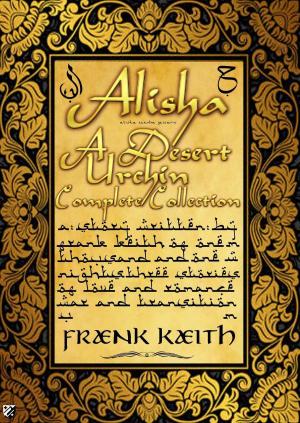Metal Detector and Archeology
Nonfiction, Home & Garden, Antiques & Collectibles, Science & Nature, Science| Author: | Frank Keith | ISBN: | 9781370532971 |
| Publisher: | Frank Keith | Publication: | March 27, 2017 |
| Imprint: | Smashwords Edition | Language: | English |
| Author: | Frank Keith |
| ISBN: | 9781370532971 |
| Publisher: | Frank Keith |
| Publication: | March 27, 2017 |
| Imprint: | Smashwords Edition |
| Language: | English |
Everyone has his or her own reasons for metal detecting and surely we all have fun at it, regardless what the motivation for it is. Treasure hunting is one reason for pursuing this hobby. The term treasure hunter is perhaps the most often one used to describe someone who uses a metal detector to seek metallic objects hidden in the ground. Others go for the gold when they go gold prospecting. Coin shooting is another widely used term—and reason. And many simply go out to a beach for some beach combing. Or how about doing some basic metal detecting, at such popular places like recreational areas, ballparks, fairgrounds or even playgrounds?
This leaves one more type of prospecting called relic hunting. The primary reason for this type of metal detecting is just as the idiom says—to hunt for relics. I’m sure most everyone knows the definition for relic. Here is the definition for those who don’t: An object that has endured the passage of time. Something treasured for its age or historic interest. There are more definitions for relic, but I don’t think that an old person or a piece from a saint’s body awakens our interest. A synonym for the type of relic we hunt is artifact.
A much more refined form of this particular activity may be called archeological metal detecting. This type of metal detecting is very rewarding, and brings many new insights to our past and it gives our hobby an extra special touch. But, before this goes any further, an important point must be addressed. Consider the following: to repeat the above, remember that the unsystematic uses of metal detectors have had an adverse affect upon historic sites worldwide. This does not include the benign forms mentioned before, such as beach combing or coin shooting. And there is absolutely no harm by trying to find gold nuggets, jewelry, etc. No, it’s the destructive form of metal detecting that aims to seek historic relics, which have some type of archeological value. This is especially true when historic sites are ransacked in order to get at these items.
Join me in this work to see what you can do to prevent inadvertent ransacking of historic sites. But not only that. Increase your skills in the finer points of this hobby, such as documentation, determining artifact position, effective cleaning and preserving of artifacts and proper storage and much more.
Everyone has his or her own reasons for metal detecting and surely we all have fun at it, regardless what the motivation for it is. Treasure hunting is one reason for pursuing this hobby. The term treasure hunter is perhaps the most often one used to describe someone who uses a metal detector to seek metallic objects hidden in the ground. Others go for the gold when they go gold prospecting. Coin shooting is another widely used term—and reason. And many simply go out to a beach for some beach combing. Or how about doing some basic metal detecting, at such popular places like recreational areas, ballparks, fairgrounds or even playgrounds?
This leaves one more type of prospecting called relic hunting. The primary reason for this type of metal detecting is just as the idiom says—to hunt for relics. I’m sure most everyone knows the definition for relic. Here is the definition for those who don’t: An object that has endured the passage of time. Something treasured for its age or historic interest. There are more definitions for relic, but I don’t think that an old person or a piece from a saint’s body awakens our interest. A synonym for the type of relic we hunt is artifact.
A much more refined form of this particular activity may be called archeological metal detecting. This type of metal detecting is very rewarding, and brings many new insights to our past and it gives our hobby an extra special touch. But, before this goes any further, an important point must be addressed. Consider the following: to repeat the above, remember that the unsystematic uses of metal detectors have had an adverse affect upon historic sites worldwide. This does not include the benign forms mentioned before, such as beach combing or coin shooting. And there is absolutely no harm by trying to find gold nuggets, jewelry, etc. No, it’s the destructive form of metal detecting that aims to seek historic relics, which have some type of archeological value. This is especially true when historic sites are ransacked in order to get at these items.
Join me in this work to see what you can do to prevent inadvertent ransacking of historic sites. But not only that. Increase your skills in the finer points of this hobby, such as documentation, determining artifact position, effective cleaning and preserving of artifacts and proper storage and much more.
